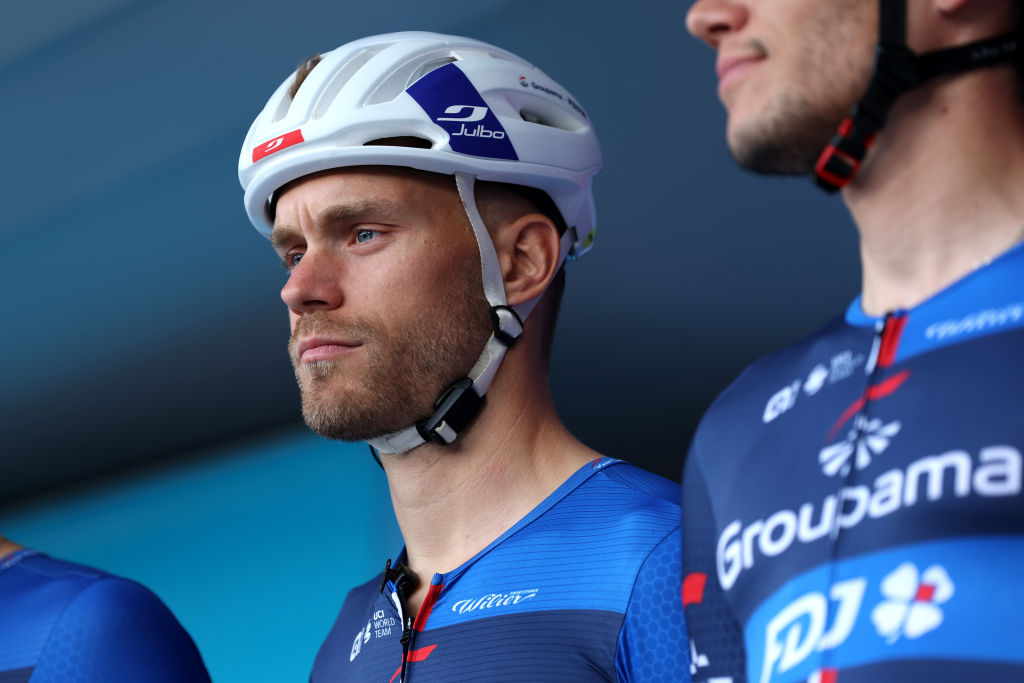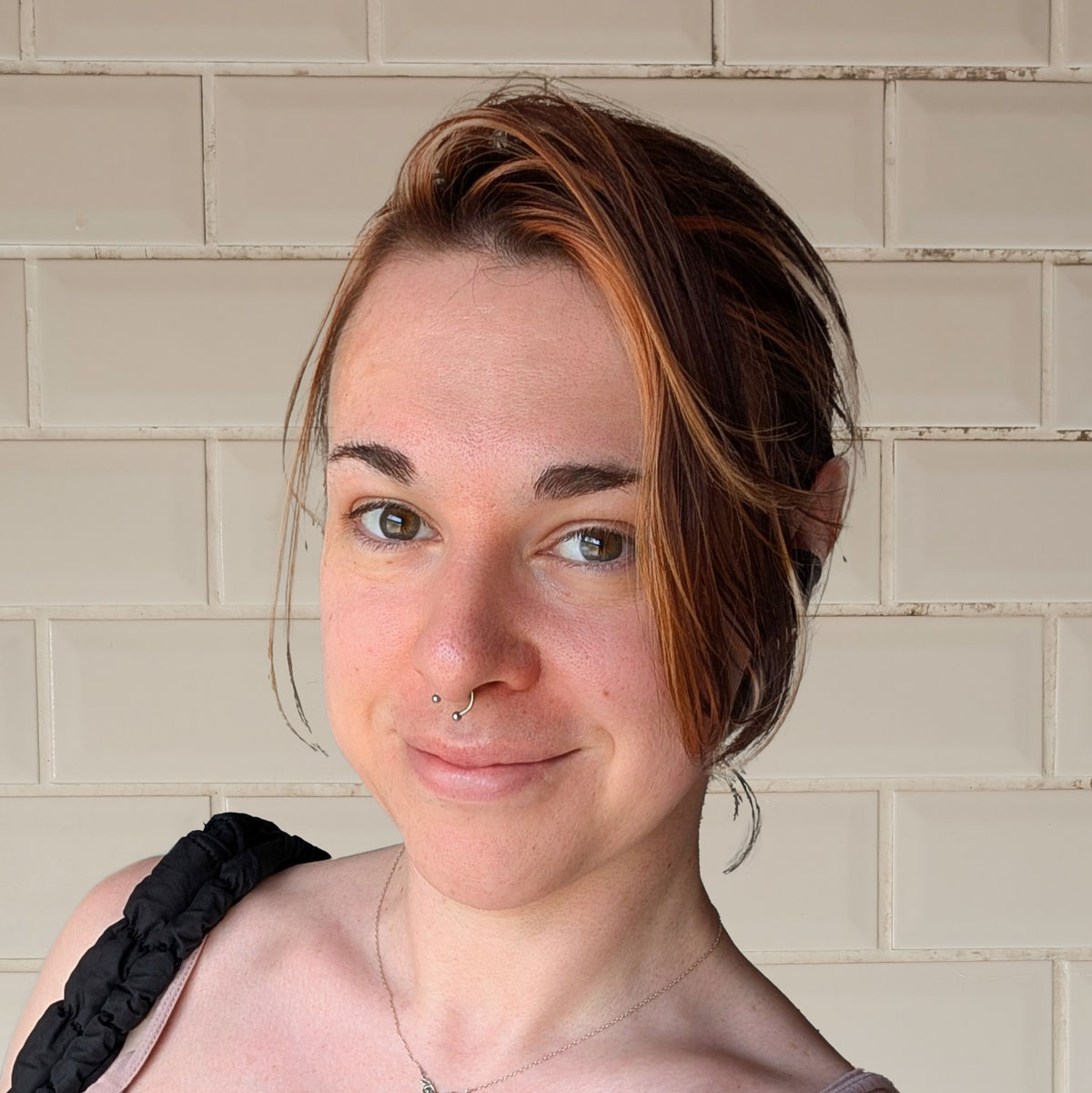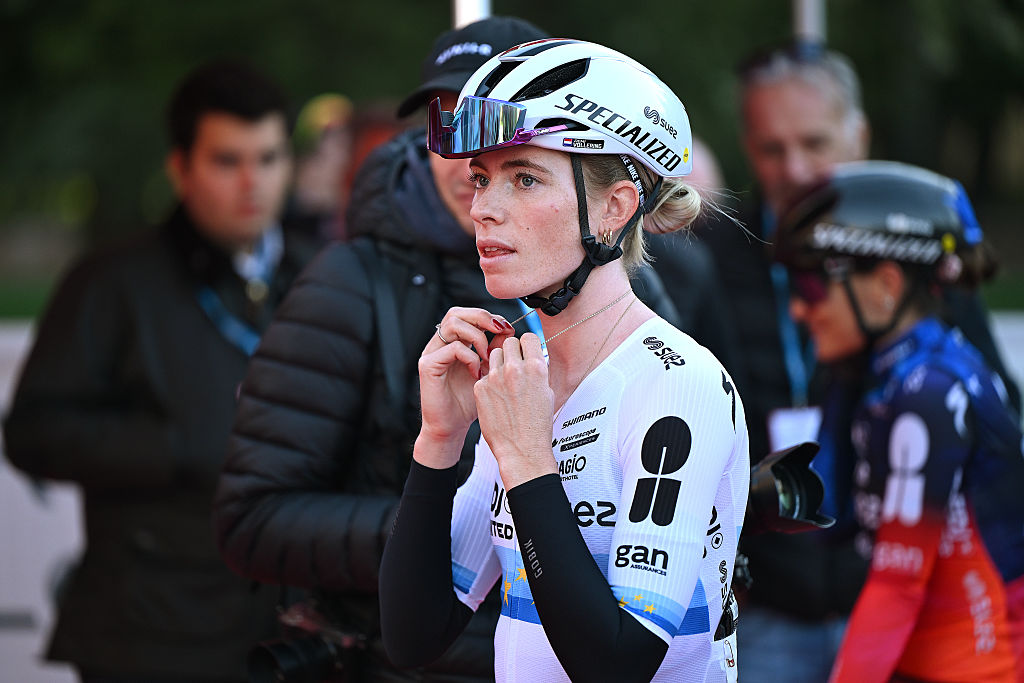'It's not taken seriously at all' – Marc Sarreau lifts lid on effects of concussion in cycling following retirement
'I understood that the brain is like a points-based license. I slowly ate away at the points in my brain and I was close to having none left' says Frenchman

The latest race content, interviews, features, reviews and expert buying guides, direct to your inbox!
You are now subscribed
Your newsletter sign-up was successful
A year on from his retirement from racing due to the after-effects of multiple concussions, former Groupama-FDJ rider Marc Sarreau has said that the injury is "not taken seriously at all" in cycling.
The Frenchman, who drew his 10-year career to a close at the end of the 2024 season, lifted the lid on his struggles with concussions in recent years in an interview with Le Parisien.
"The realisation that this type of shock is very dangerous will come gradually," Sarreau, who raced and trained through dangerous situations last season, said.
"We can't afford to say: 'Okay, let's grit our teeth and leave the next day.' For me, it's not taken seriously at all."
The 32-year-old had been racing on in the latter half of 2024, having suffered a concussion at the Tour of Slovenia in June, in the hopes of securing a new two-year contract with his team. He told Le Parisien that he had suffered from "headaches every day, lack of attention, and fatigue" due to the injury and noted that it was "actually unusual" he was able to leave the race as a result.
"Looking back, I think I put myself in danger by returning after the Tour of Slovenia," he said. "I followed the concussion protocol… however, things weren't going very well, even though I felt a slight improvement.
"When I started racing again, the symptoms worsened. The headaches increased. As soon as I pushed myself, my blood pressure rose. But I couldn't see myself asking to stop racing"
The latest race content, interviews, features, reviews and expert buying guides, direct to your inbox!
In the end, the decision was almost made for Sarreau. He had been negotiating a new contract with his team and forcing himself to continue racing.
Sarreau said, however, that Groupama-FDJ boss Marc Madiot called him in September 2024 to cancel his proposed two-year contract extension.
"He called to tell me that, with the head problems I'd been having since June, which weren't healing, they preferred to keep me safe," Sarreau said. "They feared that another crash would cause something worse.
"The more the races went on, the more fatigue I accumulated. It got worse and worse. There were times when I thought I could crash at any moment. I didn't feel responsive, and nothing was going right.
"After a few races, I still said I couldn't come back. It was during the Renewi Tour where I gave up. The team then entered me in the GP Fourmies and GP d'Isbergues. Then there was the phone call from Marc."
Sarreau said that he later saw a specialist in Paris for tests, which "turned out to be very bad."
The specialist told him that his brain was not recovering properly from the concussions and crashes, which had included major falls at the 2020 Tour de Pologne and 2021 Tour de Limousin. Sarreau was warned that "the more I fell to the ground, the worse it would get."
Sarreau admitted that the crash in Poland – which came a day after Fabio Jakobsen's own career-threatening crash with Dylan Groenewegen – had been the start of his problem.
"That was the beginning of the problems, but I didn't know it. It was just the first of the concussions," he said.
"I understand now that we no longer absorb shocks in the same way. Normally, if you fall on your head, you can return after a week. Paradoxically, in Poland, I was lucky that I had also broken my collarbone and damaged my knee, which made a longer break mandatory."
Sarreau said that the issue of concussions is "not taken seriously at all" in cycling, even after the introduction of the concussion protocol.
Following his fall in Slovenia, which resulted in Sarreau shattering his helmet, he got back on his bike and rode the final 40km – "I dropped out of the peloton, realising I was barely lucid" – alone.
He withdrew from the race overnight after being seen by another team's doctor (Groupama-FDJ's doctor wasn't at the race).
"I saw another team's doctor, who told me that the symptoms were minimal. Yet I couldn't even write a proper text message to my partner. The next day, I didn't want to start," Sarreau said.
"[Later] I respected the seven days without training. In the morning, I was 'stoned', as if I hadn't slept all night. During my rides, I was in pain after 10 minutes. The team had to consult a neurosurgeon by video, but he told me to do the opposite of the concussion protocol, which says to ride quietly until the headaches go away. He told me to do very intensive rides.
"But in the morning, to go to training, I had to take [pain medication] Doliprane. I was able to resume competing after that. There were times when it was fine and others when I scared myself. I would put myself right at the back of the peloton because in the middle, if a guy touched me, I was no longer reactive – while part of my job was to protect our sprinter, Paul Penhoët."
Sarreau is thankfully out of the peloton now, but the after-effects of his concussions still linger, he said.
"Before, I didn't forget anything. Now, my partner has to remind me of a lot of things. I understood that the brain is like a points-based license. I slowly ate away at the points in my brain and I was close to having none left."

Dani Ostanek is Senior News Writer at Cyclingnews, having joined in 2017 as a freelance contributor, later being hired full-time. Her favourite races include Strade Bianche, the Tour de France Femmes, Paris-Roubaix, and Tro-Bro Léon.
You must confirm your public display name before commenting
Please logout and then login again, you will then be prompted to enter your display name.
